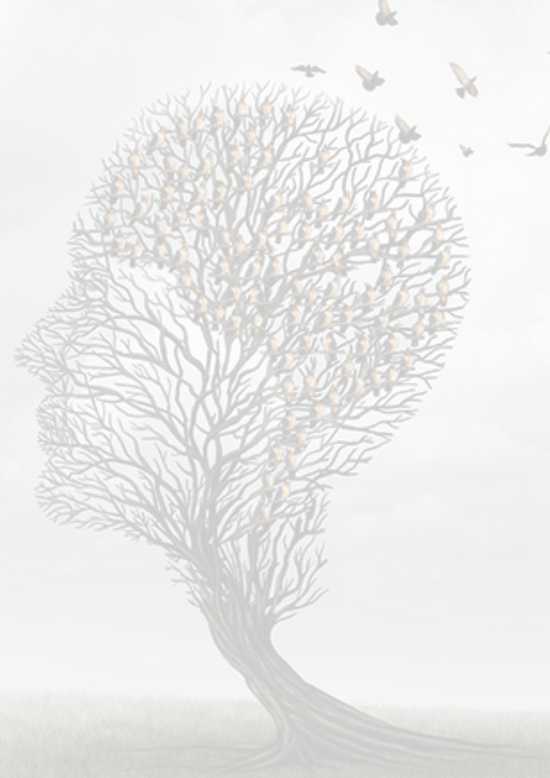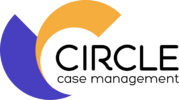Is knowledge power?

Is knowledge power?
“Working in Case Management gave me a greater understanding of healthcare professionals roles, how they operate as a team; including the extended team of other professionals that would assist my Mum and the services available.
Before starting at Circle Case Management, it was difficult to know who to talk to or where to turn for advice on situations, this increased the stress felt by the family and increased the “what if” fears we all felt. My parents, and maybe the older generation as a whole to a certain extent, can be quite mistrusting of healthcare professionals. I think they felt that they would interfere and would want to lock Mum up. I think this comes from a lack of knowledge about the role of a healthcare professional – something we only really find out when we need them and their services. As a family we are already dealing with the trauma of a diagnosis and it can be difficult to build relationships with healthcare professionals, especially if we do not fully understand why they are involved.
My Mum had a heart operation in 2008, which she never quite recovered from, and was diagnosed with Vascular dementia / Alzheimer’s shortly afterwards. She was medicated in the medium term, but after taking a rapid decline, which is common in vascular dementia, she was sectioned for a period.
After that we had a very good Social Worker and Psychiatric Nurse, who worked really well together and visited regularly. They were able to obtain Continuing Health Care funding for my Mum when she couldn’t be left unattended, this assisted with having support workers in my Mum’s home to look after her. I know not everyone has such success with funding, it is a very challenging process with lots of applications, supporting documents and evidence. I think we were very lucky to get that! My Dad was adamant he wanted to keep Mum at home. He was petrified that she would die very quickly if taken into care full time. But having funding meant she could go to day care at a local nursing home a few days a week, to give him some time to himself decreasing the stress of being her full-time care giver.
Dad was also visited by a male volunteer from the Alzheimer’s society, who was a Carer Support worker. The Care Support worker had nursed his own wife through Alzheimer’s, so knew first-hand what it was like for my Dad and the struggles he could be facing. This was a big support to Dad I think, especially being man to man. Though he could only visit a few times, because of funding limitations.
When I started working for Circle Case Management, my Mum had been diagnosed for many years and was already quite advanced. The experience in my role meant I was definitely more confident about approaching Occupational Therapist’s and other healthcare professionals to see where they could help. After working with Case Managers and O.T’s the “what if” fear subsided – I was able to explain their roles to my Dad and reassure him that they were here to help; using examples of positive impacts I had seen with our clients. It gave me the benefit of knowing who to approach and when, meaning little problems didn’t become much bigger problems for my Mum.
Once Mum was in the later stages a Macmillan Admiral Nurse visited. I know these are very few and far between, the Sidmouth branch fundraising for their own area Admiral Nurse. Regular visits from someone with end-of-life knowledge would be a huge support for families living with dementia, but I know this isn’t always possible.
We were lucky that Mum was at home until she died. This would have been a lot more complicated, because of Covid 19, if she was in a nursing home. She would have been very cross about her quality of life at the end, if she’d known!
So, I think that knowledge is power; knowledge can reassure us and make us feel more secure in life changing situations.”
Sarah Ralph, Circle Case Management
Posted by Nicola Kelly on September 15th 2021

